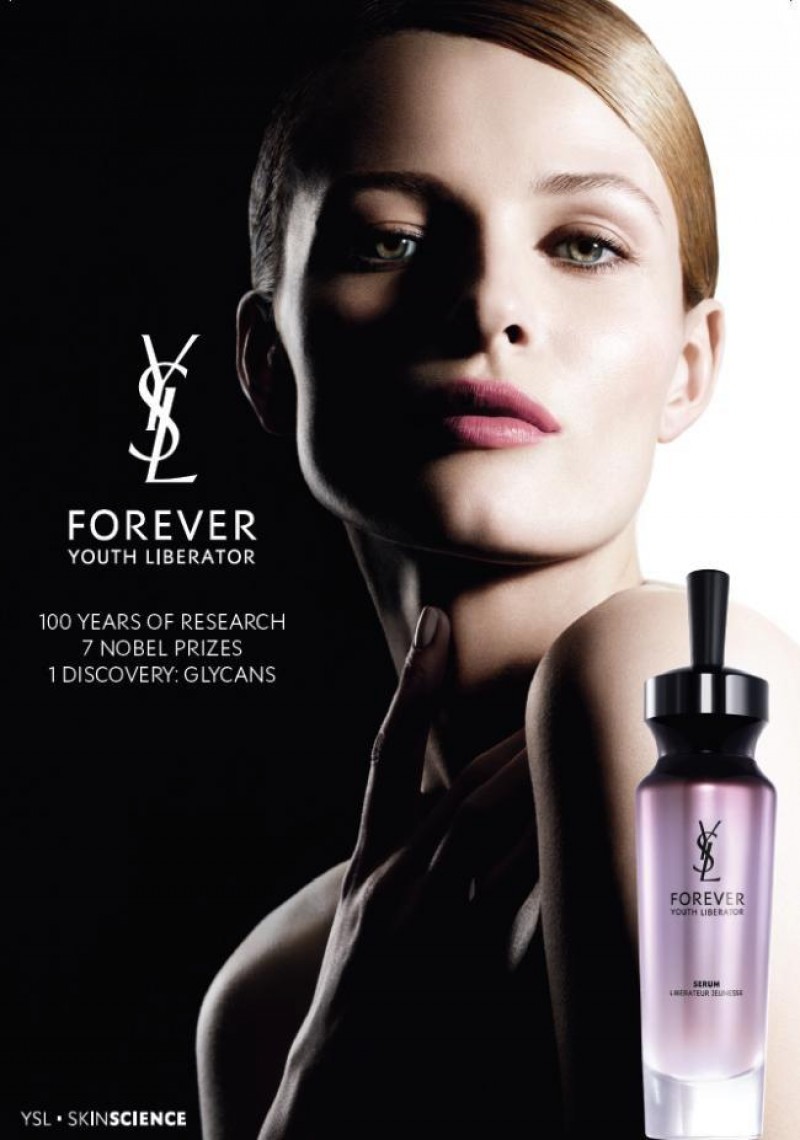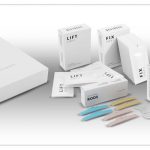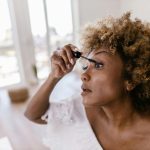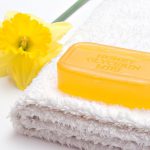Every hairdo has different needs. An egg mask is going to bring amazing effects for some women whereas it’s going to trigger frizz in others. Not everyone needs proteins. You should devote a moment to your hair. Find out what problems and needs it has.
Natural haircare methods make the best solution if you know your hair’s needs. There are no labels with cheat sheets. Nobody’s going to tell us if a given nutrient is good for us. It’s time we listened to our hair. Let us prompt you about the ingredients you can use for a DIY hair mask or rinse.
- Herbs – camomile, horsetail, nettle, rosemary, bamboo shoots or birch are popular herbs that can bring lots of hair benefits. They have a positive impact on the scalp, which is reflected in the health and good appearance of the hair. Herbs are non-comedogenic and each one has different qualities, which are great assets.
- Protein – natural building block of hair, therefore it’s worth using protein – keratin, silk, elastin – in hair care. You don’t need professional products because protein occurs naturally in e.g. milk products, wheat, soy. They deliver hair reinforcement from within and protection on the outside.
- Emollients – valuable substances that are necessary for the hair, no matter its texture, thickness or damage (yet sometimes hair needs more of them). Silicones, lanolin, paraffin are the examples of emollients. When it comes to the natural methods, try out hair oiling that gives the full care from the bulbs to the ends. Hair oils are the best emollients that keep the permanent hydration, ensure smoothness and protect against damaging factors.
- Humectants – they provide the hair with water which is obviously the key substance for the body. Glycerol, panthenol, honey, urea, aloe and hyaluronic acid are the natural humectants. Look for them in ready-made products or add them to home recipes because they can bind water molecules in the body cells.
- Hydrosols – they’re produced during the distillation of herbs and flowers with the water steam. They’re much lighter than plant extracts or juices so you can use them instead of water. Add hydrolates to home hair products, rub them into the scalp or rinse the strands out after washing. The most popular ones include rose, lavender, rosemary, camomile and neroli hydrolates.
- Vitamins and minerals – you can find them almost everywhere: in oils, plant extracts, vegetables, fruit, milk or propolis products. Retinol (A), Pantothenic Acid (B5), Folic Acid (B9) and Tocopherol (E) are the most important vitamins for the strands. Most hair-friendly minerals include zinc, copper, magnesium, potassium and selenium.









Leave a Reply